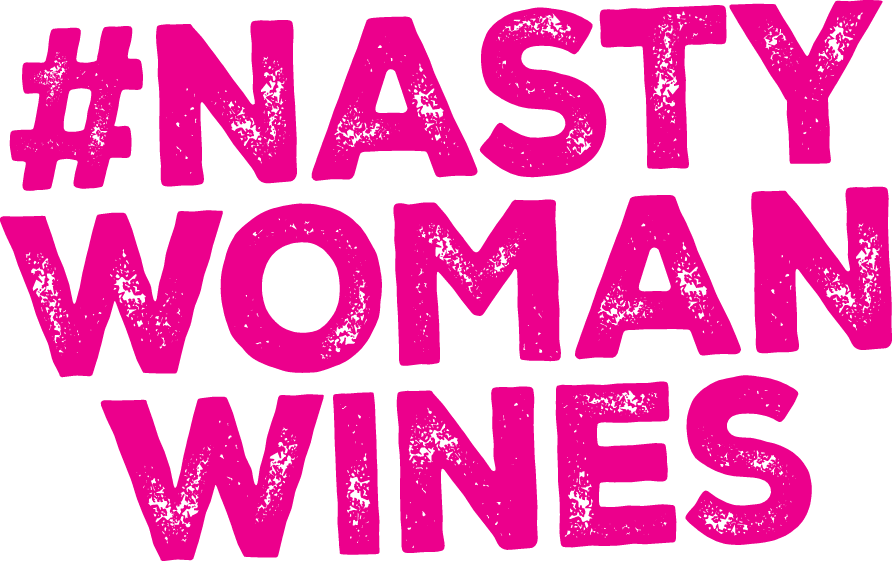Meet a Nasty Woman – 5 Questions with Dr. Caroline Heldman
Dr. Caroline Heldman, Associate Professor of Politics at Occidental College in Los Angeles, specializes in the presidency, media, gender, and race in the American context. She is also a badass voice of female reason and empowerment that you need to know. She’s currently working on a new project called Grade My Movie with the goal of achieving gender and race parity in key storytelling positions in the film industry. We asked her our five favorite questions that we want to know about every Nasty Woman.
What makes you a Nasty Woman?
When Donald Trump called Hillary Clinton a “nasty woman” because she wouldn’t let him silence her, millions of women in America could relate to her in that moment. We have all had similar experiences where we were gender-silenced.
For me, a “nasty woman” is a woman who refuses to be silent in the face of injustice. She speaks out against racism, sexism, homophobia, transphobia, and the mistreatment of people with disabilities. She demands an equal seat in the halls of political and corporate power, and she will not be dismissed, shushed, or mansplained. She knows the value of her voice and actions, and she demands justice in a profoundly unjust world.
For me, this means ignoring my upbringing that taught me that girls and women are to be seen, not heard. It means speaking up, even when it’s hard, and pushing back against people and institutions that try to silence women.
Share an experience that shaped your views or helped get you involved in activism.
I grew up in a Pentecostal Evangelical family with an openly patriarchal father (whom I love very much). During my early years, I was not allowed to cut my hair, wear pants, or play sports. My father bragged that he didn’t listen to “chick musicians” or read books by “chick authors.” The openness of his misogyny inspired me to secretly take up Tae Kwon Do and auto racing, and to read all of the feminist literature I could get my hands on. As a tween, I happened upon Betty Friedan’s Feminine Mystique and started incorporating feminist theories in my Sunday school classes. I went on to get a Ph.D. in political science with a certificate in Women’s Studies, and co-founded the New Orleans Women’s Shelter, End Rape on Campus, Faculty Against Rape, End the Rape Statute of Limitations, and the Lower Ninth Ward Living Museum. My father later became my biggest champion until he passed away a few years ago.
What advice do you have for people who want to help enact change and push progress but don’t know how to get involved?
The internet has made activism easier than ever before. For people who are just getting involved in politics and social justice work, it can be overwhelming because there are so many options for involvement. The best way to start is to identify one topic that you care about the most. Once you’ve identified your topic, do a quick Internet search to find organizations that are working on it. Organizations use different tools to make change. Identify the organization that best fits your skill set and time availability, and get to work!
If you could look into the future, 10 years from now, and see that real progress has been made, what does that look like to you?
Progress for me looks like women having an equal seat at the table in every industry, and equal numbers in positions of leadership. Progress also means that men and women would see men and women as being equally human and worthy of respect (as opposed to creating men’s identity by rejecting everything feminine). It also means we stop falsely gendering human beings, meaning that we create or play up gender differences that don’t actually exist. I don’t find gender to be a meritorious or useful way to organize the world, so ultimately, progress means getting rid of the category altogether.
None of this will be accomplished in the next ten years, but with heightened awareness of gender injustice (thanks Trump!), and steady activism to address this injustice, we will be much further along in terms of women’s representation in politics and the private sector. As we struggle, it is important that we recognize the intersectionality of oppression, meaning that white women face discrimination and injustice, women of color have it even worse. Progress for women is only truly progressive if it takes into account the diverse experiences and needs of different women.
What else should we know about you?
I am launching a new project, GradeMyMovie.com, at the end of March. This website publishes grades for movies that are opening each weekend. Grades are assigned for the gender and race that are based on the number of women and people of color in key storytelling positions for each film. This is a tool that will allow social justice activists to boycott films with few or no women and people of color involved in their making.
Dr. Heldman's new book, Women, Power, and Politics: The Fight for Gender Equality in the United States, co-authored with Lori Cox Han, is now available on Amazon.

